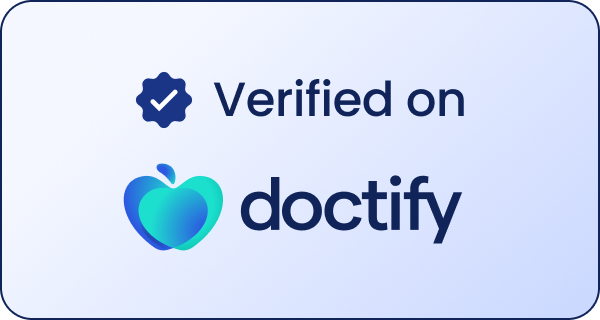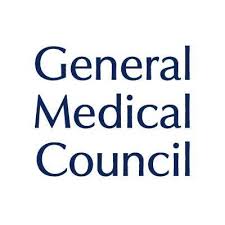How we can help
At Kidswell Health, our experienced paediatricians can assess your child’s symptoms, confirm the diagnosis, and recommend the most appropriate care. We can monitor your child closely for complications, such as bronchiolitis or pneumonia, and provide guidance on managing RSV safely at home or arranging hospital care if needed.
Find out more about our viral screening for children, which can help identify common viruses like RSV quickly and accurately.
Additional resources
Disclaimer: Information contained on this page is intended as general advice and does not replace a medical assessment. If you are concerned about your child’s health, please contact your doctor for advice. In an emergency or for urgent care, call 999 or visit your local A&E.
FAQs
How long does RSV last in children?
RSV typically lasts 1-2 weeks. Cold-like symptoms often improve after a few days, but cough and mild breathing changes can persist for up to three weeks.
How can I treat RSV at home?
Most children can be cared for at home with:
- Plenty of fluids to prevent dehydration
- Saline nasal drops or spray to clear congestion
- A cool-mist humidifier to ease breathing
- Paracetamol or ibuprofen to relieve discomfort (check correct dosing)
- Rest until your child feels better
Is RSV contagious?
Yes. RSV spreads easily through coughs, sneezes, and contact with contaminated surfaces. Children are most contagious in the first 3–8 days of illness, but babies and those with weakened immune systems can spread the virus for up to 4 weeks.
When should I take my child to the doctor for RSV?
Seek medical advice urgently if your child:
- Is breathing rapidly or with difficulty
- Is pausing between breaths or appears to be struggling for air
- Has blue lips or skin
- Shows signs of dehydration (dry mouth, fewer wet nappies, unusual sleepiness)
- Has a high fever that isn’t improving
- Appears unusually irritable or lethargic
Can RSV be prevented?
While there is no widely available vaccine for all children yet, prevention measures include:
- Washing hands often
- Avoiding close contact with people who have cold-like symptoms
- Cleaning and disinfecting toys and surfaces
- Keeping high-risk babies away from crowded places during RSV season
Pregnant women can now be offered the RSV vaccine, which helps protect newborns in their first months of life.
What’s the difference between RSV and bronchiolitis?
RSV is a virus; bronchiolitis is a lung infection it can cause, especially in babies. Most bronchiolitis cases are due to RSV, but the term describes the inflammation in the small airways rather than the virus itself.



